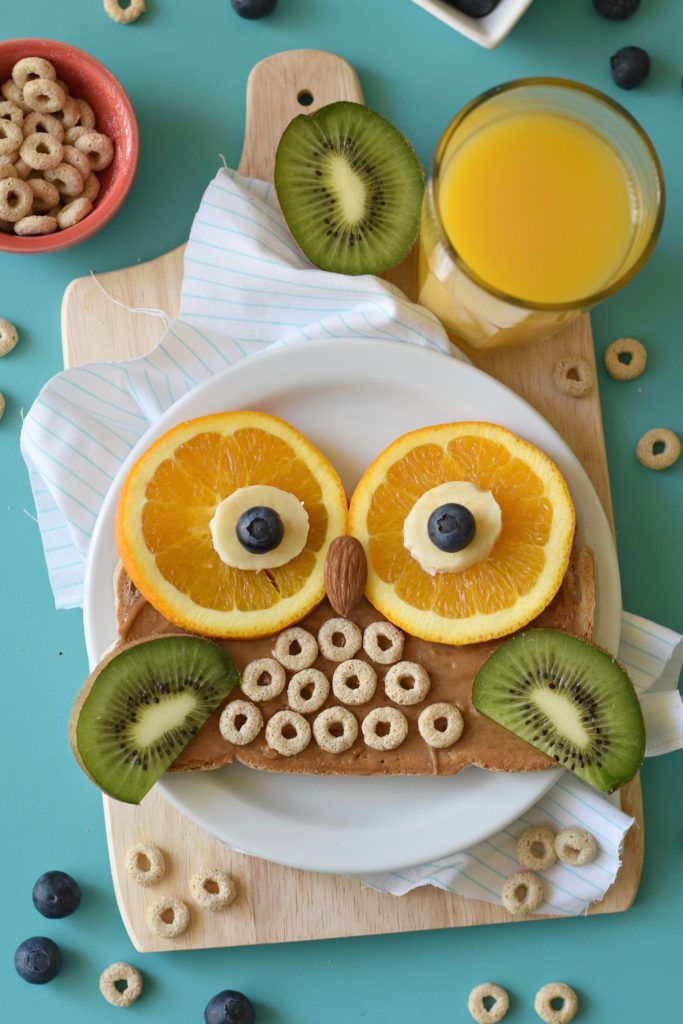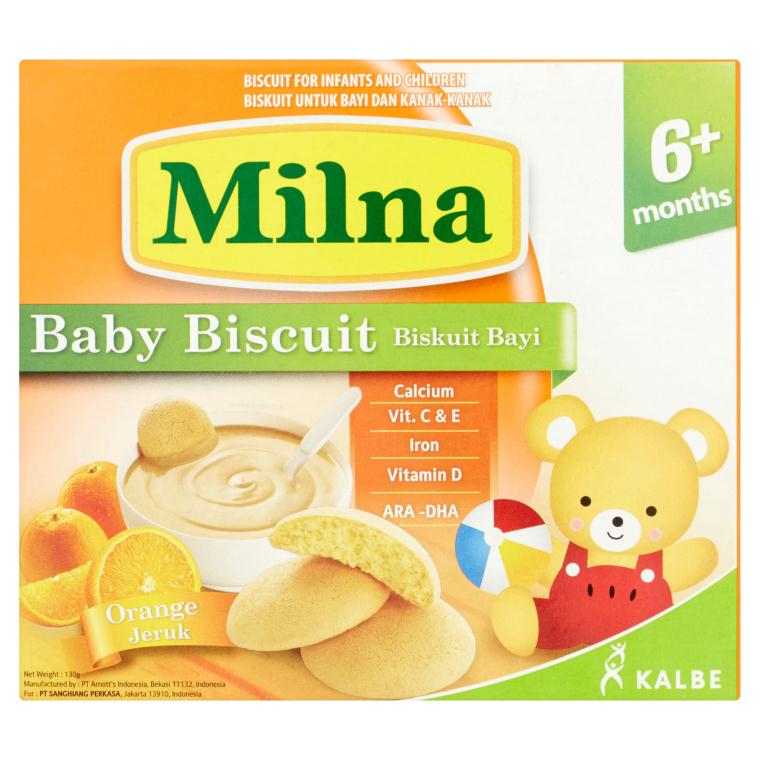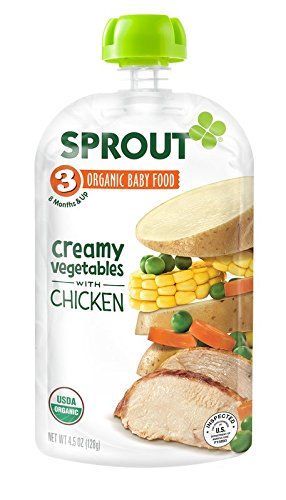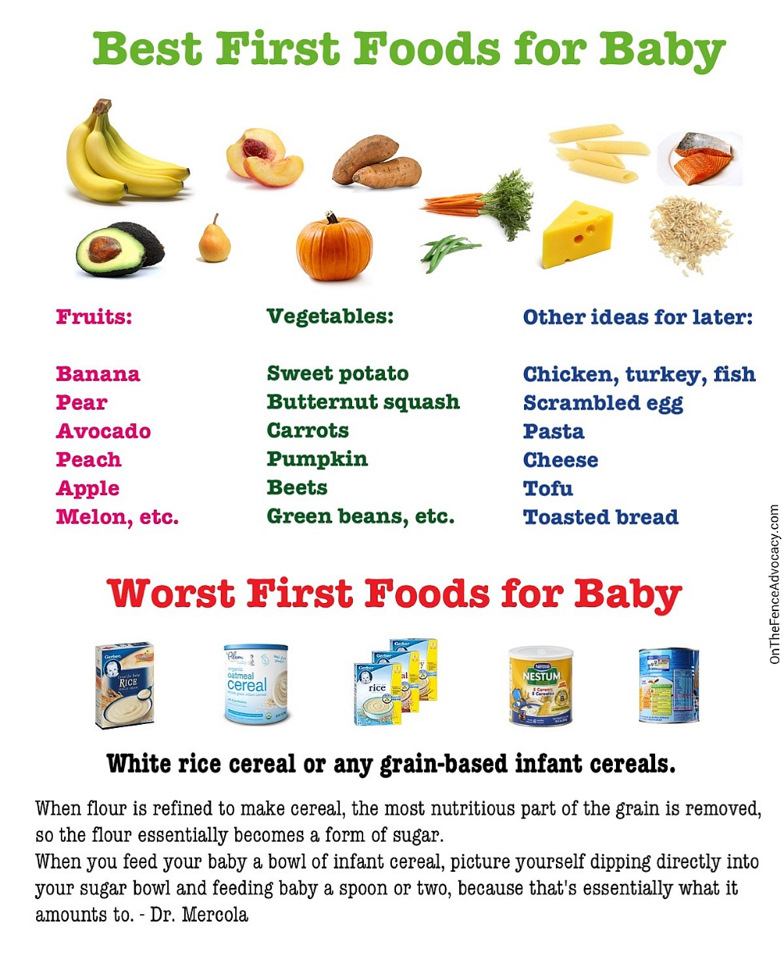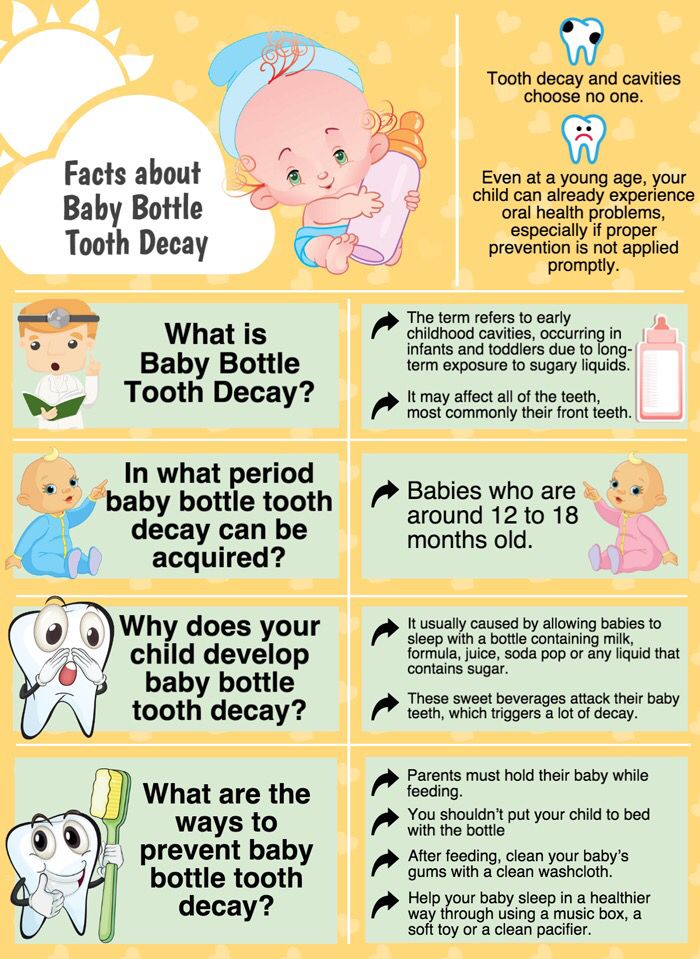Best brain food for baby
10 Foods to Build Baby's Brain Development
Has the time come to transition your baby into the world of solids? (Raise your hand if you’re feeling excited.) Each baby’s first experience with solids is different—some babies take to their first foods right away, while others require some trial and error. Allow your baby to sample a variety of healthy and nutritious foods, and let patience—and nutrition—be your guide, especially to support that growing brain.
Remember to not start solids until your baby is 6 months old (not 4 months, as used to be the case), and always check in with your child’s pediatrician before starting solids, in case there are any specific considerations for your little one. Once you get the go-ahead, focus on foods that are rich in nutrients that support your baby’s healthy growth.
1. Avocado
Creamy, mashed avocado is a popular first food. Avocado is a nutrient-dense fruit with plant-based fat, vitamins and minerals. Not only is it nutritious, as fats contribute to brain cell development, but the texture is soft and easy for baby to tolerate.
2. Greek yogurt
Whole-milk yogurt is a nutritious early food because it contains calcium, protein and healthy fats. The culturing process involved in making yogurt helps break down the proteins, making them easy for babies to digest, and incorporating fats into your baby’s diet will help develop their brain cells. Plus, babies tend to like the rich, creamy texture of Greek yogurt. Because it contains cows’ milk, some pediatricians recommend waiting to introduce yogurt between 9 and 10 months of age, so check with your child’s doctor first.
Related: Everything you need for starting solids with your baby
3. Blueberries
Dark berries like blueberries are packed full of antioxidants, which protect the brain from stress and damage. You can offer blueberries mashed or blended into a smoothie, yogurt or oatmeal or as a finger food.
4. Whole grain porridge
Offering your baby a whole-grain cereal blend is a nutrient-rich option. Whole grains such as oatmeal, quinoa and barley should be pulverized and blended into a fine powder form and mixed with water or breast milk. You can also mix in a bit of yogurt or a fruit/vegetable blend. Whole grains offer fiber and a source of protein.
Whole grains such as oatmeal, quinoa and barley should be pulverized and blended into a fine powder form and mixed with water or breast milk. You can also mix in a bit of yogurt or a fruit/vegetable blend. Whole grains offer fiber and a source of protein.
5. Eggs
Egg yolks contain cholesterol, which is what comprises the outer lining of brain cells. In addition, they contain fat-soluble vitamins as well as choline, selenium and vitamin B12—all important for brain development.
Related: 5 ways to help your picky eater get the nutrition they need
6. Nut butters
Traditional nuts in their butter form are a good source of healthy fat, protein and fat-soluble vitamins. Peanut, cashew and almond butter are all options to offer your baby when you feel they’re ready.
You could offer it as a small spoonful mixed into your baby’s cereal or porridge blend, yogurt or even applesauce.
Note: According to recommendations from the American Academy of Allergy, Asthma and Immunology, highly allergenic foods like nuts can be introduced into infants’ diets as early as 6 months of age—and should be introduced early and often, as research shows this tactic can actually prevent the development of food allergies down the line.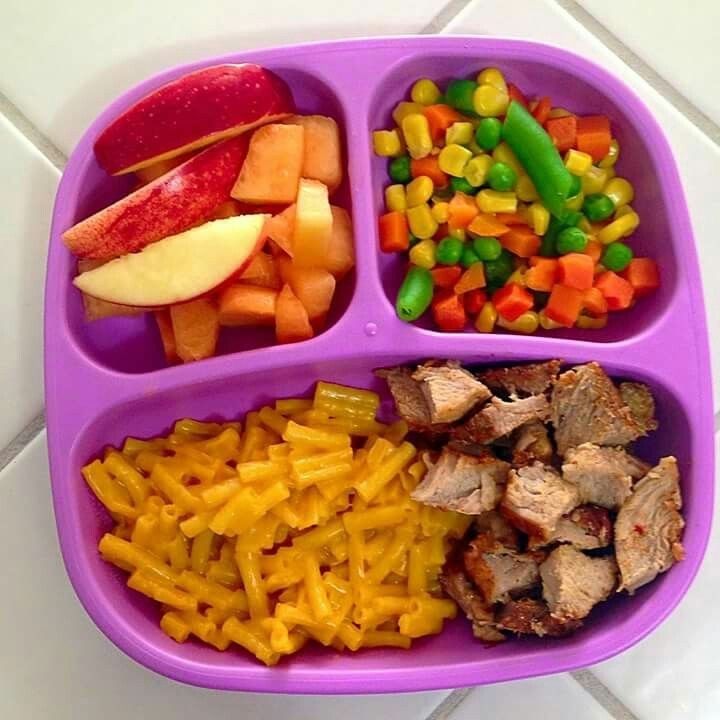
7. Apples
These nutritious fruits contain quercetin, which helps stimulate brain activity. Apples, whether pureed, cooked soft or raw, are easy to offer as a first food and throughout your baby’s transitional food stages. (Check out this great applesauce recipe!) As they become more comfortable with finger foods and as they develop teeth, you could offer apples with nut butter as a healthy pairing.
8. Lentils
Lentils are available in various forms and are especially nutritious because they contain fiber, iron and protein. They’re soft and easy to cook (no long soaking periods required) and can easily be blended into puree or soup form. They’re also one of the more neutral-tasting legume and bean options to initially offer.
9. Leafy Greens
While these may be hard to offer initially as a single vegetable, they could be used as a blend so they’re tolerated better. For example, you could blend spinach with apple or carrots, or make a spinach pesto to coat pasta once your little one is older.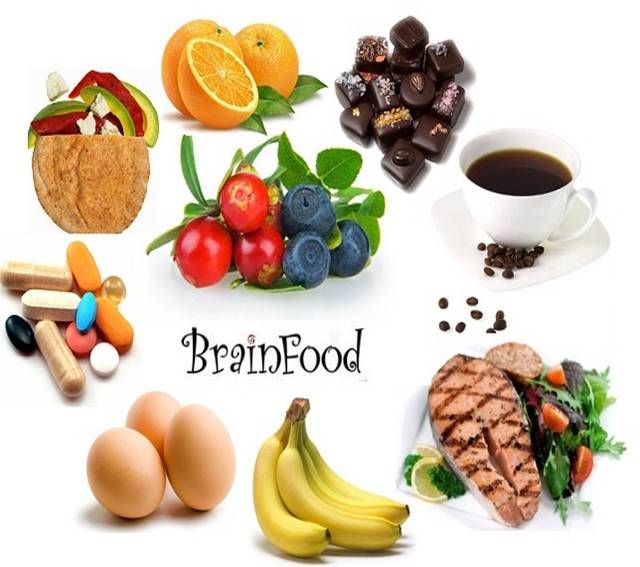 Because many leafy greens contain nitrates, some pediatricians recommended them as a later introduction at perhaps closer to 10 months onwards.
Because many leafy greens contain nitrates, some pediatricians recommended them as a later introduction at perhaps closer to 10 months onwards.
Leafy greens such as spinach or kale offer lutein and vitamin K, which contribute to brain activity.
10. Salmon
Babies’ growing brains require DHA, an omega-3 fatty acid that is essential to cognitive development. Salmon is an excellent dietary source of DHA. You could mash some cooked, mix into a puree or even create a salmon burger or nuggets if finger foods are accepted.
A version of this post was originally published on Sept. 28. 2021. It has been updated.
Top 10 Brain Foods for Children
Give your child’s brain a nutritional boost.
Written by Jeanie Lerche Davis
Want your child to do better in school? Take a close look at diet. Certain "brain foods" may help boost a child's brain growth -- plus improve brain function, memory, and concentration.
In fact, the brain is a very hungry organ -- the first of the body's organs to absorb nutrients from the food we eat, explains Bethany Thayer, MS, RD, a Detroit nutritionist and spokeswoman for the American Dietetic Association (ADA).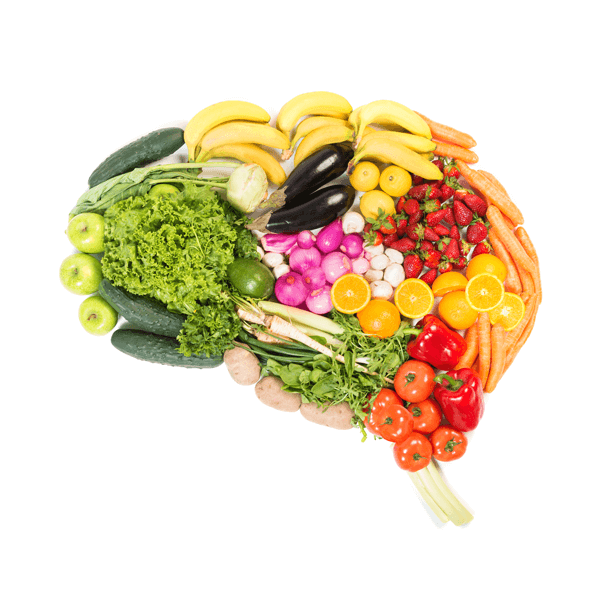
"Give the body junk food, and the brain is certainly going to suffer," she tells WebMD.
Growing bodies need many types of nutrients -- but these 10 superfoods will help kids get the most from school.
1. Brain Food: Salmon
Fatty fish like salmon are an excellent source of the omega-3 fatty acids DHA and EPA -- both essential for brain growth and function, says Andrea Giancoli, MPH, RD, a Los Angeles nutritionist and ADA spokeswoman.
In fact, recent research has also shown that people who get more of these fatty acids in their diet have sharper minds and do better at mental skills tests.
While tuna is also a source of omega-3s, it's not a rich source like salmon, Giancoli tells WebMD.
"Tuna is definitely a good source of lean protein, but because it's so lean it's not very high in omega-3s like canned salmon is," Giancoli tells WebMD. Also, albacore "white" tuna has more mercury than canned light tuna, so the EPA advises eating no more than 6 ounces of albacore tuna weekly.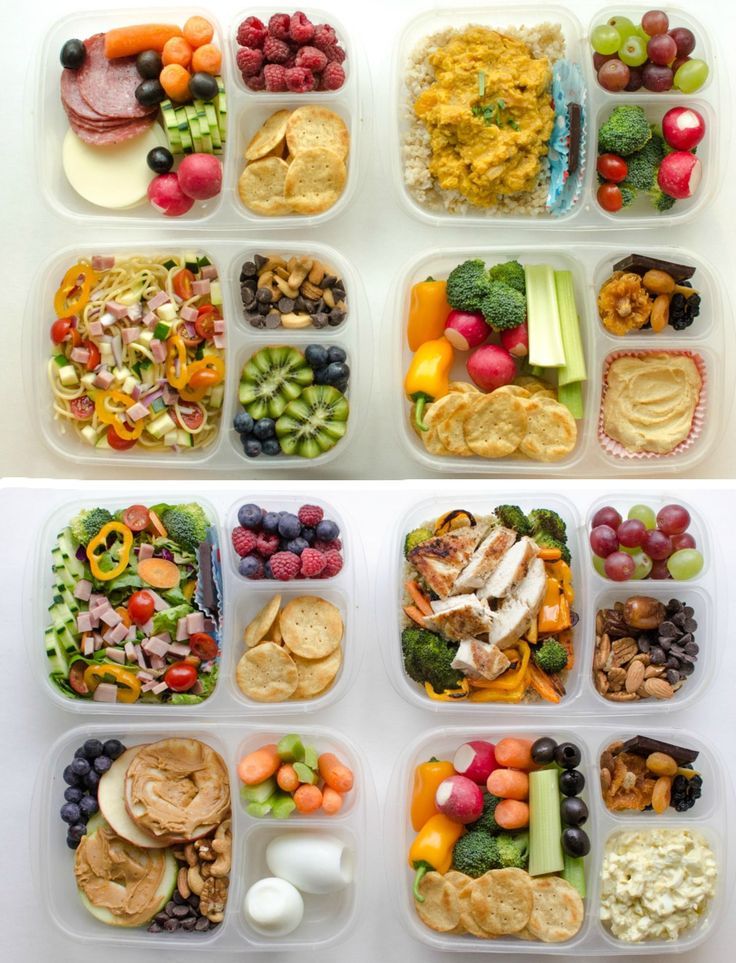
Eat more salmon: Instead of tuna sandwiches, make salmon salad for sandwiches -- canned salmon mixed with reduced-fat mayo or non-fat plain yogurt, raisins, chopped celery, and carrots (plus a little Dijon mustard if your child likes the taste). Serve on whole-grain bread -- which is also a brain food.
Soup idea: Add canned salmon to creamy broccoli soup -- plus frozen chopped broccoli for extra nutrition and soft texture. Boxed soups make this an easy meal, and are generally low in fat and calories, Giancoli says. Look for organic boxed soups in the health food section.
Make salmon patties -- using 14 oz. canned salmon, 1 lb. frozen chopped spinach (thawed and drained), 1/2 onion (finely chopped), 2 garlic cloves (pressed), 1/2 teaspoon salt, pepper to taste. Combine ingredients. Mix well. Form into small balls. Heat olive oil in pan, flatten spinach balls with spatula. Cook over medium heat. Serve over brown rice (instant or frozen).
2. Brain Food: Eggs
Eggs are well-known as a great protein source -- but the egg yolks are also packed with choline, which helps memory development.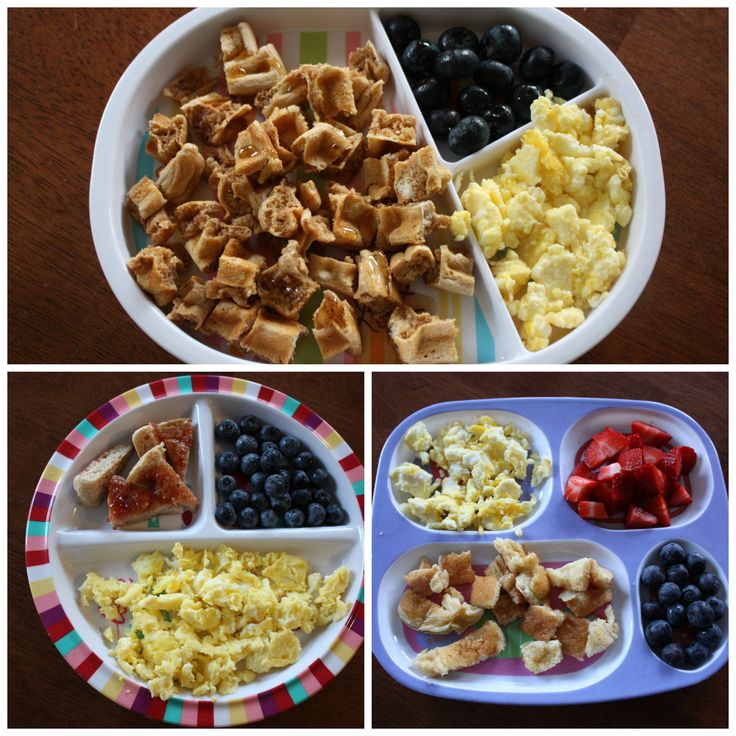
Eat more eggs: Send your child off to school with a grab-and-go breakfast egg burrito. Try breakfast for dinner one night a week -- scrambled eggs and toast. Make your own egg McMuffin at home: just put a fried egg on top of a toasted English muffin, topped with a slice of low-fat cheese.
3. Brain Food: Peanut Butter
"Peanuts and peanut butter are a good source of vitamin E, a potent antioxidant that protects nervous membranes -- plus thiamin to help the brain and nervous system use glucose for energy," says Giancoli.
Eat more peanut butter: For a twist on an old favorite, make a peanut butter and banana sandwich. Dip apple slices in peanut butter. Or, top off your favorite salad with a handful of peanuts.
4. Brain Food: Whole Grains
The brain needs a constant supply of glucose -- and whole grains provide that in spades. The fiber helps regulate the release of glucose into the body, Giancoli explains. "Whole grains also have B-vitamins, which nourish a healthy nervous system. "
"
Eat more whole grains: It's easy to find more whole grain cereals these days (make sure a whole grain is the first ingredient listed). But also think outside the box -- and try whole wheat couscous for dinner with cranberries, or low-fat popcorn for a fun snack, she suggests.
Whole-grain bread is a must for sandwiches. Switch to whole-grain tortillas and chips for quesadillas, wraps, and snacks.
5. Brain Food: Oats/Oatmeal
Oats are one of the most familiar hot cereals for kids and a very nutritious “grain for the brain,” says Sarah Krieger, MPH, RD, LD/N, a St. Petersburg, Fla. consultant and ADA spokeswoman. "Oats provide excellent energy or fuel for the brain that kids need first thing in the morning."
Loaded with fiber, oats keep a child’s brain fed all morning at school. Oats also are good sources of vitamin E, B-vitamins, potassium and zinc -- which make our bodies and brains function at full capacity.
Eat more oats: Top hot oatmeal with pretty much anything -- applesauce and cinnamon, dried fruit and soy milk, sliced almonds and a drizzle of honey, fresh banana and a dash of nutmeg with skim milk, Krieger suggests.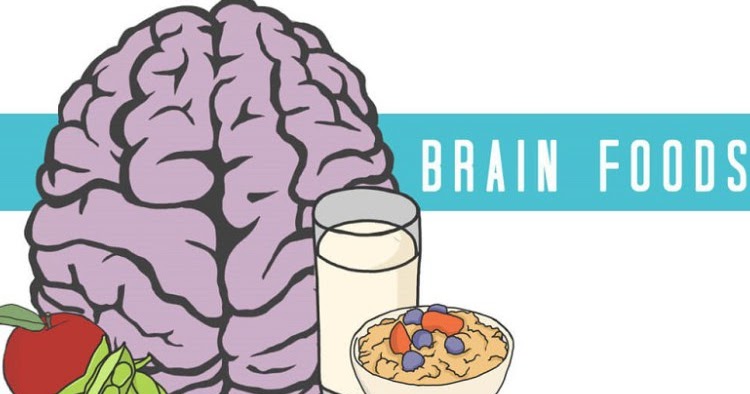
Cooking? Throw a handful of dry oats into a smoothie to make it thick -- or into pancake, muffin, waffle or a granola bar recipe.
Here’s a simple snack kids can make: 1 cup peanut butter, ½ cup honey, 1 cup dry oats, ½ cup dry milk powder. Mix it up with your hands -- then put a tablespoon between 2 apple or pear slices for a fun and different sandwich!
6. Brain Food: Berries
Strawberries, cherries, blueberries, blackberries. "In general, the more intense the color, the more nutrition in the berries," Krieger says. Berries boast high levels of antioxidants, especially vitamin C, which may help prevent cancer.
Studies have shown improved memory with the extracts of blueberries and strawberries. "But eat the real thing to get a more nutritious package," Krieger says. "The seeds from berries are also a good source of omega-3 fats.."
Eat more berries: Add berries to veggies that may need a flavor boost -- like sliced sweet cherries with broccoli or strawberries with green beans.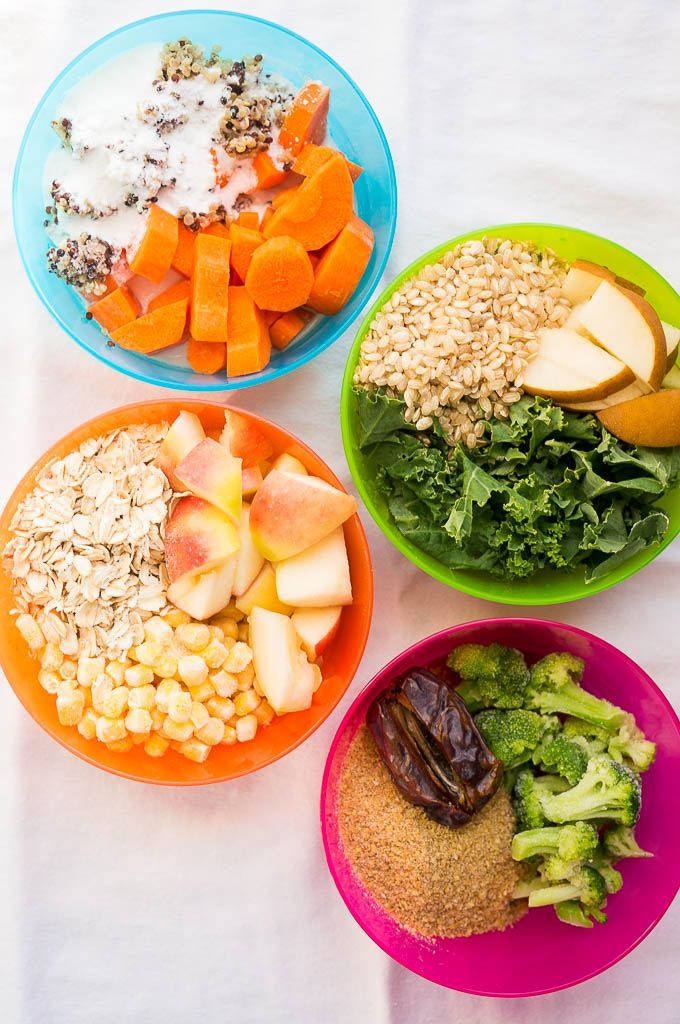 Toss berries into a green salad. Add chopped berries to a jar of salsa for an excellent flavor surprise.
Toss berries into a green salad. Add chopped berries to a jar of salsa for an excellent flavor surprise.
More berry ideas: Add berries to yogurt, hot or cold cereal, or dips. For a light dessert, top a mound of berries with nonfat whipped topping, Krieger suggests.
7. Brain Food: Beans
Beans are special because they have energy from protein and complex carbs -- and fiber -- plus lots of vitamins and minerals, Krieger says. "These are an excellent brain food since they keep a child's energy and thinking level at peak all afternoon if they enjoy them with lunch."
Kidney and pinto beans contain more omega 3 fatty acids than other beans -- specifically ALA, another of the omega-3’s important for brain growth and function, says Krieger.
Eat more beans: Sprinkle beans over salad and top with salsa. Mash vegetarian beans and spread on a tortilla. Mash or fill a pita pocket with beans -- and add shredded lettuce and low-fat cheese. Add beans to spaghetti sauce and salsa.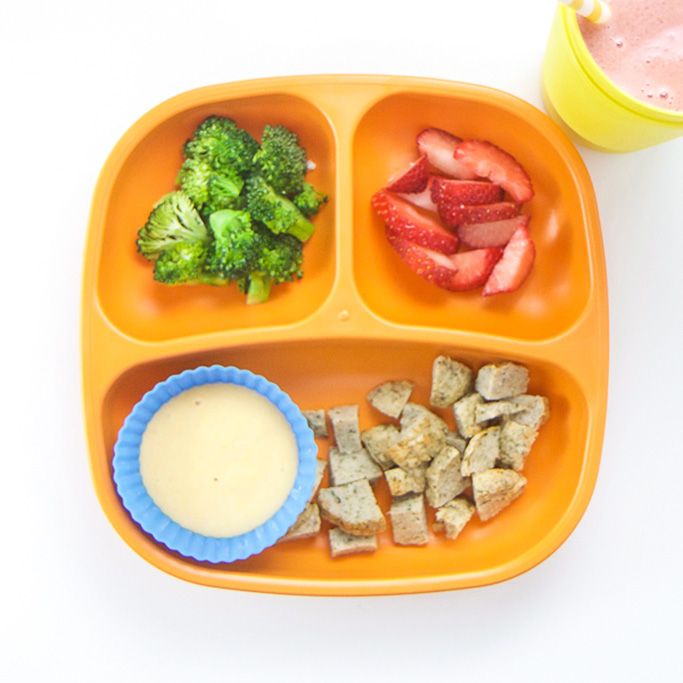 Infants love mashed beans with applesauce!
Infants love mashed beans with applesauce!
8. Brain Food: Colorful Veggies
Tomatoes, sweet potatoes, pumpkin, carrots, spinach -- vegetables with rich, deep color are the best sources of antioxidants that keep brain cells strong and healthy, Thayer says.
Eat more veggies: Try sweet potato fries: Cut up in wedges or sticks. Spray them with vegetable oil cooking spray and then bake them in the oven (400 degrees, 20 minutes or until they start to brown).
Make pumpkin muffins: Mix 1 15-ounce can of pumpkin with a box of your favorite cake or muffin mix. Stir the two ingredients together and follow the directions.
Baby carrots and tiny tomatoes fit nicely into lunch bags. Kids love spinach salads with lots of stuff in them -- like strawberries, mandarin oranges, sliced almonds. Another trick: Sneak all sorts of chopped veggies into spaghetti sauce, soups, and stews.
9. Brain Food: Milk & Yogurt
Dairy foods are packed with protein and B-vitamins -- essential for growth of brain tissue, neurotransmitters, and enzymes.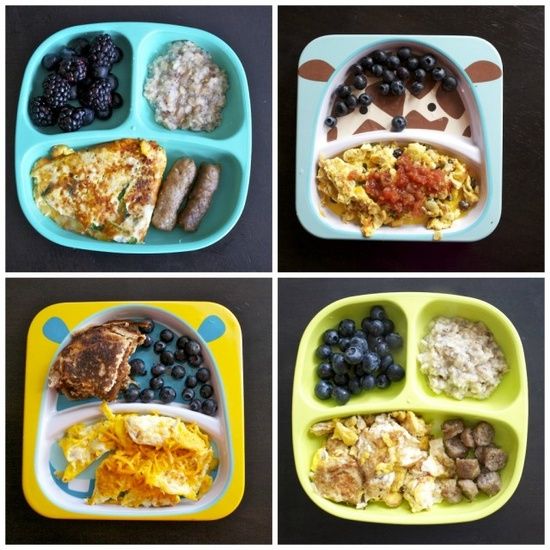 "Milk and yogurt also provide a bigger punch with both protein and carbohydrates – the preferred source of energy for the brain," Thayer says.
"Milk and yogurt also provide a bigger punch with both protein and carbohydrates – the preferred source of energy for the brain," Thayer says.
Recent research suggests that children and teens need 10 times more the recommended dose of vitamin D -- a vitamin that benefits the neuromuscular system and the overall life cycle of human cells.
Eat more dairy: Low-fat milk over cereal -- and calcium- and vitamin D-fortified juices -- are easy ways to get these essential nutrients. Cheese sticks are great snacks.
Low-fat yogurt parfaits are also fun. In a tall glass, layer yogurt with berries (fresh, frozen, or dried) and chopped nuts (almonds or walnuts), Thayer suggests.
10. Brain Food: Lean Beef (or Meat Alternative)
Iron is an essential mineral that helps kids stay energized and concentrate at school. Lean beef is one of the best absorbed sources of iron. In fact, just 1 ounce per day has been shown to help the body absorb iron from other sources. Beef also contains zinc, which helps with memory.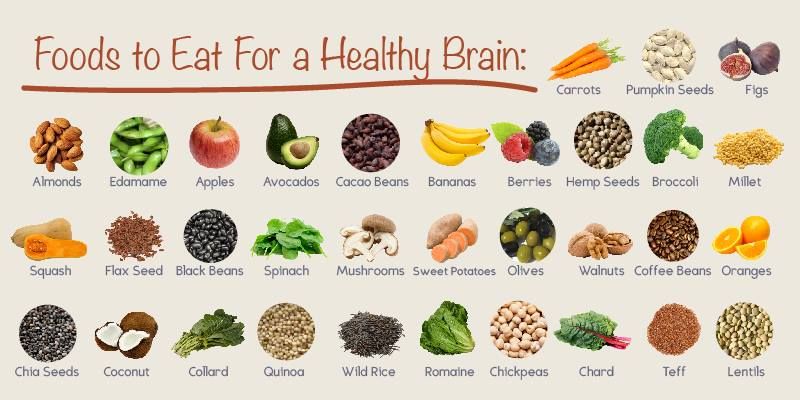
For vegetarians, black bean and soy burgers are great iron-rich meatless options. Beans are an important source of nonheme iron -- a type of iron that needs vitamin C to be absorbed. Eat tomatoes, red bell pepper, orange juice, strawberries, and other "Cs" with beans to get the most iron.
For a burger-less source of iron -- try spinach. It's packed with nonheme iron, too.
Eat more iron: For dinner, grill kebobs with beef chunks and veggies. Or stir-fry a bit of beef with kids' favorite veggies. Grill black bean or soy burgers, then top with salsa or a tomato slice. Or, chow down on a spinach salad (with mandarin oranges and strawberries for vitamin C).
Food for the mind: foods that improve brain function at different ages smarter even in old age. Of course, it is better to “feed” the brain correctly throughout life, starting from the prenatal period.
What does our brain need?
Although our brain is only the size of a small head of cauliflower, it is the most voracious part of the body.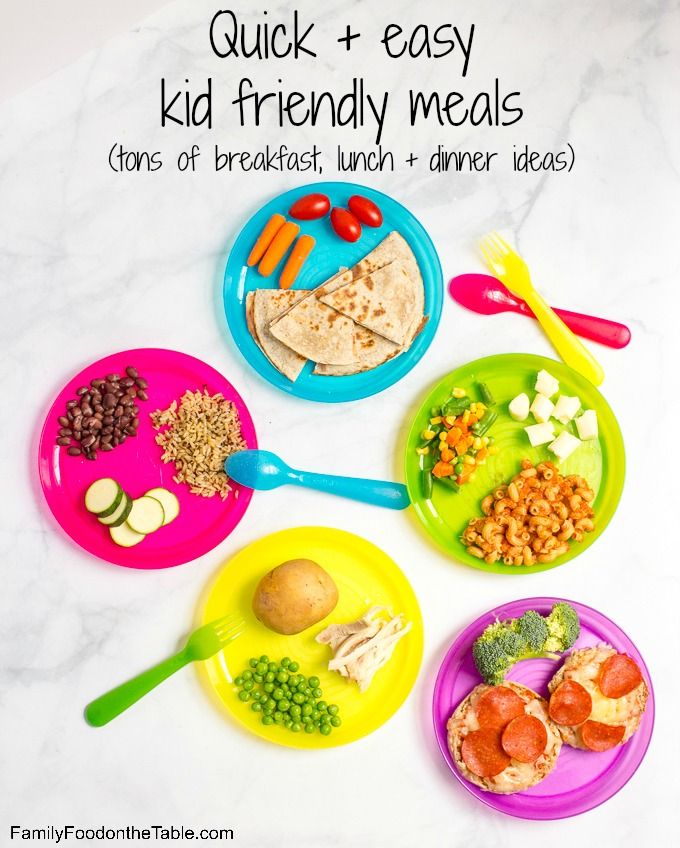 By weight, it makes up only 2.5% of our total weight, and absorbs up to 20% of the calories we consume. There are several types of important foods, the regular use of which throughout life improves brain function, provides it with high-quality raw materials for the formation of new cells, and thus preserves our intelligence, preventing mental decline. To satisfy the "brain" hunger, you need two types of food. Firstly, the fuel necessary for the daily work of brain cells and replenishing energy reserves. And, secondly, substances that would support his daily activities.
By weight, it makes up only 2.5% of our total weight, and absorbs up to 20% of the calories we consume. There are several types of important foods, the regular use of which throughout life improves brain function, provides it with high-quality raw materials for the formation of new cells, and thus preserves our intelligence, preventing mental decline. To satisfy the "brain" hunger, you need two types of food. Firstly, the fuel necessary for the daily work of brain cells and replenishing energy reserves. And, secondly, substances that would support his daily activities.
The following nutritional recommendations will help extend the life of our brain.
Before birth (fetal development)
- Photo
- Getty Images/Tetra images RF
What the brain needs
Children today are often diagnosed with Attention Deficit Hyperactivity Disorder (ADHD).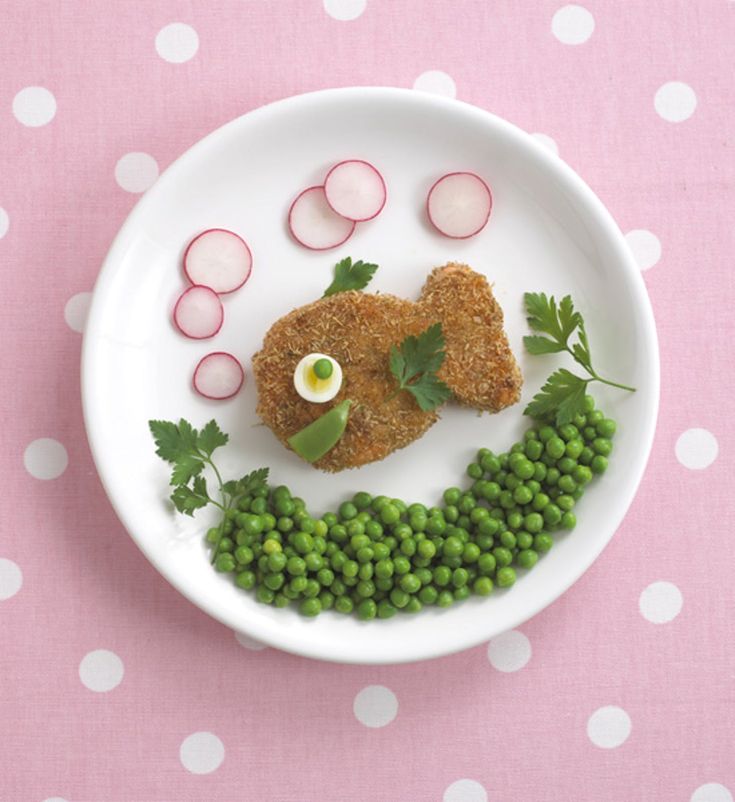 Scientists have found out how the quality of the food of a pregnant woman affects the development of this syndrome in an unborn child. In particular, they turned their attention to omega-3 fatty acids. One of the leading experts on ADHD, Dr. Alex Richardson of the University of Oxford, says that there is no specific treatment or diet for this type of disorder yet, but foods rich in omega-3s can help relieve symptoms and improve overall health. After all, in order for the 100 billion brain cells with which a child is born to develop, a sufficient supply of folic acid, omega-3 fatty acids, iodine, iron and zinc is required.
Scientists have found out how the quality of the food of a pregnant woman affects the development of this syndrome in an unborn child. In particular, they turned their attention to omega-3 fatty acids. One of the leading experts on ADHD, Dr. Alex Richardson of the University of Oxford, says that there is no specific treatment or diet for this type of disorder yet, but foods rich in omega-3s can help relieve symptoms and improve overall health. After all, in order for the 100 billion brain cells with which a child is born to develop, a sufficient supply of folic acid, omega-3 fatty acids, iodine, iron and zinc is required.
What products contain it?
Bread, cereals, green vegetables, oranges or fruit juice are needed even during pregnancy, as these foods are rich in folic acid. Doctors also recommend that pregnant women take 0.8 mg of folic acid every day until the 12th week of pregnancy, and preferably at least 4 weeks before conception. Since some women require higher doses, it is best to discuss this with your doctor.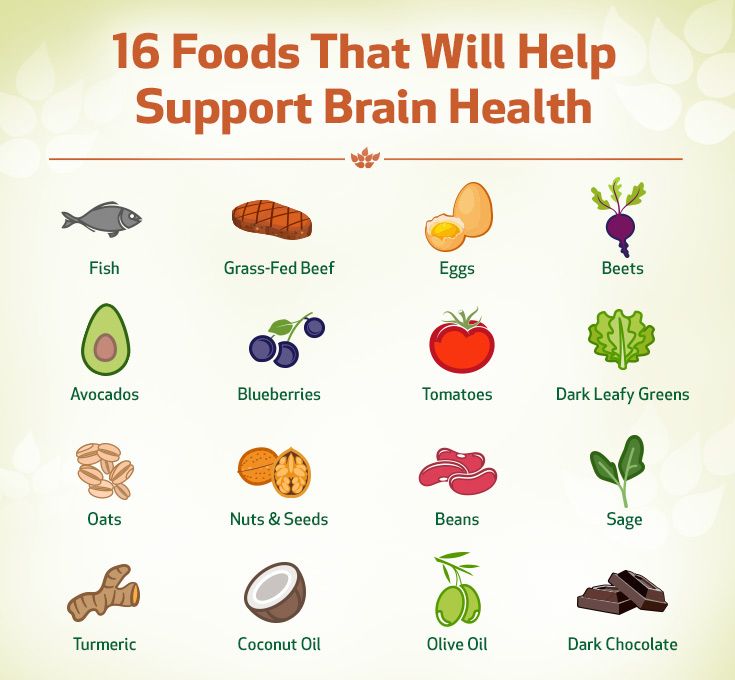
Fatty fish such as sardines, tuna, salmon, mackerel are the best source of long chain omega-3 fatty acids (EPA, DHA, DPA). And canola, flaxseed, and walnut oils provide us with ALA, another type of these fats.
Use iodized salt. Table salt is recommended for cooking pasta and vegetables, and sea salt can be added to ready-made dishes. Other sources of iodine are fish, dairy products, eggs, and baked goods with iodized salt.
Red meat is the most affordable source of iron. If you don't eat meat or fish, include plenty of legumes, fortified breads and cereals in your diet. For better absorption of iron from these foods, take them with fruit juice, but not tea - it impairs the absorption of iron. Most of these products will also provide you with zinc.
Be careful!
Meat is a great option, but don't overdo the liver. It is an excellent source of iron, but it contains too much vitamin A. Too much of it can damage the brain development of the unborn baby. It is enough to eat liver dishes once a week. And be careful with fish oil supplements, they are also too high in vitamin A. Before taking them during pregnancy, check with your doctor.
It is enough to eat liver dishes once a week. And be careful with fish oil supplements, they are also too high in vitamin A. Before taking them during pregnancy, check with your doctor.
Smoking and alcohol abuse are also dangerous for a child's brain development. During pregnancy, it is really important to give up bad habits.
Children under 3
- Photo
- Getty Images/Blend Images
What the brain needs
At birth, a baby's brain has about 100 billion cells, but it is only 15% developed. As they say, "the lights are on, but no one is home." The cells are already there, but there are no connections between them yet. The brain will be almost fully developed by the baby's third birthday, and in the first 3 years of life, impulses should begin to pass from one cell (neuron) to another. To ensure proper development of the baby, the process of connecting these brain cells must begin already in newborns. For this to happen, children need omega-3s, iron and zinc.
For this to happen, children need omega-3s, iron and zinc.
What products contain it?
Breastfeeding is the best food for young children as it provides them with everything they need during their growing season, including omega-3 fatty acids, especially DHA.
Iron-rich foods are just as important, if not more so, for babies than for pregnant women. Babies are born with a supply of iron that lasts about 6 months. After that, they require dietary sources of iron. Meat purees should be introduced at the age of 6-7 months. Baby cereals, vegetables, beans and lentils also provide us with iron, as does fish, which can be introduced from about 8 months. Most of these products also contain zinc.
The use of these products during the first 3 years of life and beyond is very important so that the brain cells can work to their full potential. Do not rush to transfer a child from breast milk or infant formula to cow's milk, poor in iron - this may affect his health in the future.
But food for a child's brain is not only food. All the experience accumulated by a child in 3 years affects his ability to learn and behavior in the future. Children need a safe and comfortable home with a variety of intellectual stimulation options. Talk, read, sing and play with your children, let them feel that you love them.
By the way!
Food alone is not enough to improve brain function. Scientists recommend doing exercises for the brain - neurobics. The basic idea is simple: do the usual things in an unusual way, and you will not let the brain "wither". The more varied and non-standard tasks that you set for yourself, the better. In scientific terms, this is what will happen: new synapses-connections are formed between neurons, the cerebral cortex thickens and becomes more tortuous. In general, the brain is literally "pumped". Read more about neuroscience here.
Schoolchildren
- Photo
- Getty Images/iStockphoto
What the brain needs
At this age, the brain processes a lot of new information every day. Proper nutrition has a positive impact on children's school performance. These conclusions were reached by researchers from Canada, who studied the diet of 5,200 honors students. Children whose diets were rich in fruits, vegetables, grains, dietary fiber, protein, iron, calcium, and vitamin C performed better in reading and writing than those whose diets were rich in saturated fat, salt, and "empty" carbohydrates . Previous research has shown that malnourished children were uncollected and did worse in school. Conclusion: in school years, the brain needs proteins, carbohydrates, omega-3s and various vitamins and minerals.
Proper nutrition has a positive impact on children's school performance. These conclusions were reached by researchers from Canada, who studied the diet of 5,200 honors students. Children whose diets were rich in fruits, vegetables, grains, dietary fiber, protein, iron, calcium, and vitamin C performed better in reading and writing than those whose diets were rich in saturated fat, salt, and "empty" carbohydrates . Previous research has shown that malnourished children were uncollected and did worse in school. Conclusion: in school years, the brain needs proteins, carbohydrates, omega-3s and various vitamins and minerals.
What products contain this?
Breakfast, heavy or not, gives the brain fuel to work. Toast, porridge, eggs, fruit or yogurt is a great start to the school day.
Any protein food, such as meat, fish, nuts, cheese or milk, makes the student attentive. It stimulates the feel-good hormone dopamine, helping him enjoy lessons he usually doesn't enjoy.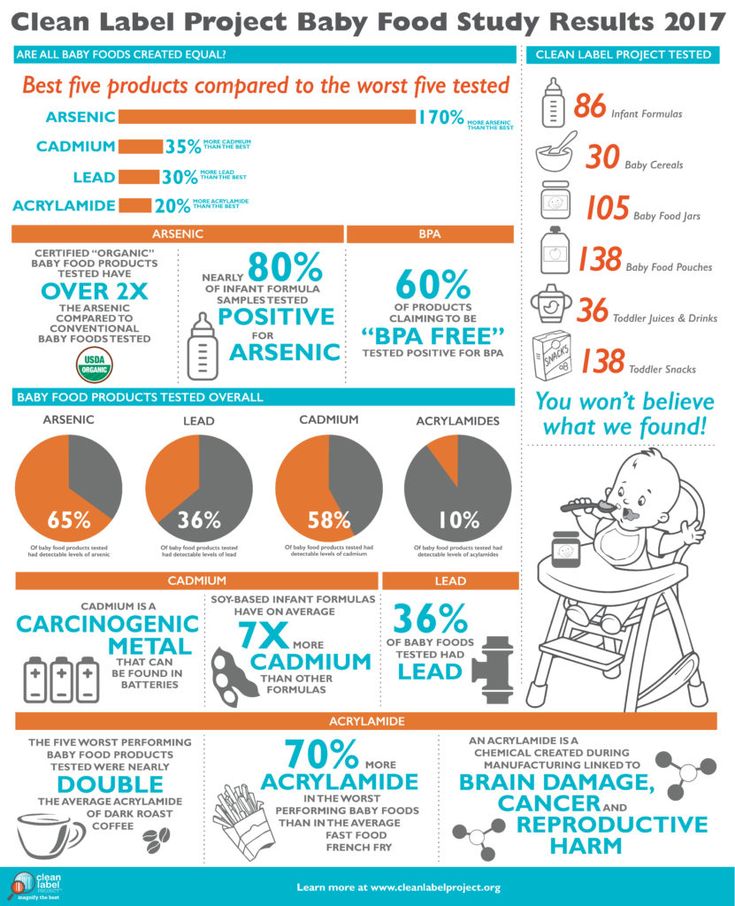
A peanut butter sandwich helps to transmit impulses from neuron to neuron as quickly as possible. If the student cannot tolerate peanuts, replace them with an egg, lean meat, or cheese.
Oily fish is important for both academic success and growth. Canned fish is suitable for sandwiches or rolls, which can be given to the child with him to school.
Try adding fruits and vegetables to every meal to ensure you get a full complement of brain-friendly vitamins and minerals. It's also a good solution for a healthy break snack. No proper food can replace a good night's sleep. At the lesson, at the stadium or at the exam, the child will be able to do much more if he gets enough sleep.
Adults
- Photo
- Getty Images/E+
What does the brain need?
About 2/3 of each brain cell consists of fats. To effectively send messages, its walls must be flexible, which depends on their content of omega-3.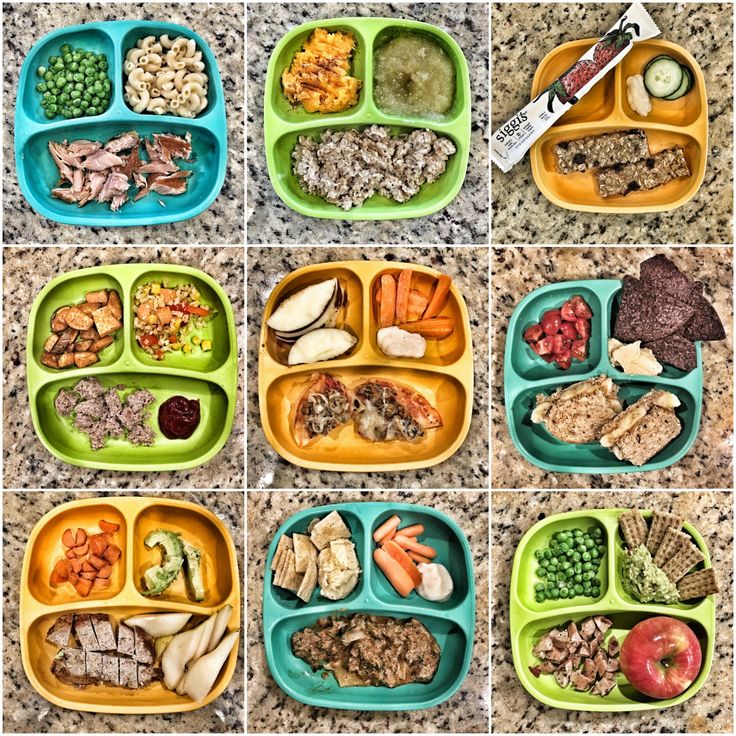 If there are too few of them, the cell walls become rigid, if there are too many, they become soft and sluggish. It all depends on the right amount. The ratio between omega-6 and omega-4 is also important as these two types of fat compete with each other. Omega-3s will be neutralized if they are dominated by omega-6s. Since we get a lot of omega-6 from food (from vegetable oils), it is recommended to eat more food containing omega-3, such as oily fish.
If there are too few of them, the cell walls become rigid, if there are too many, they become soft and sluggish. It all depends on the right amount. The ratio between omega-6 and omega-4 is also important as these two types of fat compete with each other. Omega-3s will be neutralized if they are dominated by omega-6s. Since we get a lot of omega-6 from food (from vegetable oils), it is recommended to eat more food containing omega-3, such as oily fish.
With over 40 years of experience, we want to think as clearly and quickly as possible. To perform at its best, the adult brain needs a continuous supply of energy throughout the day. Only starchy carbohydrates can provide this.
What products contain this?
Wherever you eat: at home, in the car or at work, breakfast is just as important for an adult as it is for a student. Eating only air, you will not be able to fully work.
If morning tea is part of your workflow, pair it with a fruitcake, a sausage roll, or a large biscuit from a local café.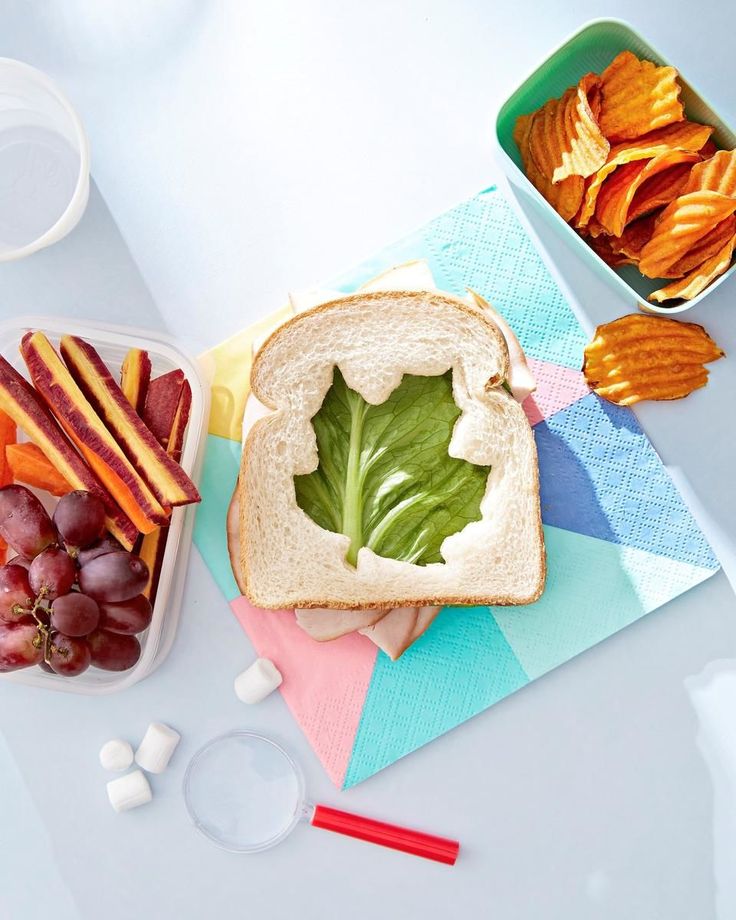
Drinks containing caffeine, such as coffee and tea, are helpful throughout the day. The caffeine burst will help you in meetings and conferences, but keep in mind that it only peaks an hour after you've had coffee or tea.
Eat at regular intervals during the day, this will help you keep the fuel for the brain at the proper level. Find time for lunch. Keep an emergency supply on your desk in case you can't go to lunch. Canned fish, beans, fruit or rice pudding keep well, and crackers, nuts, or low-calorie granola bars will do as well.
Avoid chocolate or muffins in the middle of the day when energy levels are low. But don't give up sugar altogether. After lunch, take a walk around the office or get some air to stimulate the brain. If you weren't able to eat lunch, eat a sandwich or fruit for a long-term energy boost.
The elderly
- Photo
- Getty Images/Image Source
As we age, our brain becomes more like a sieve.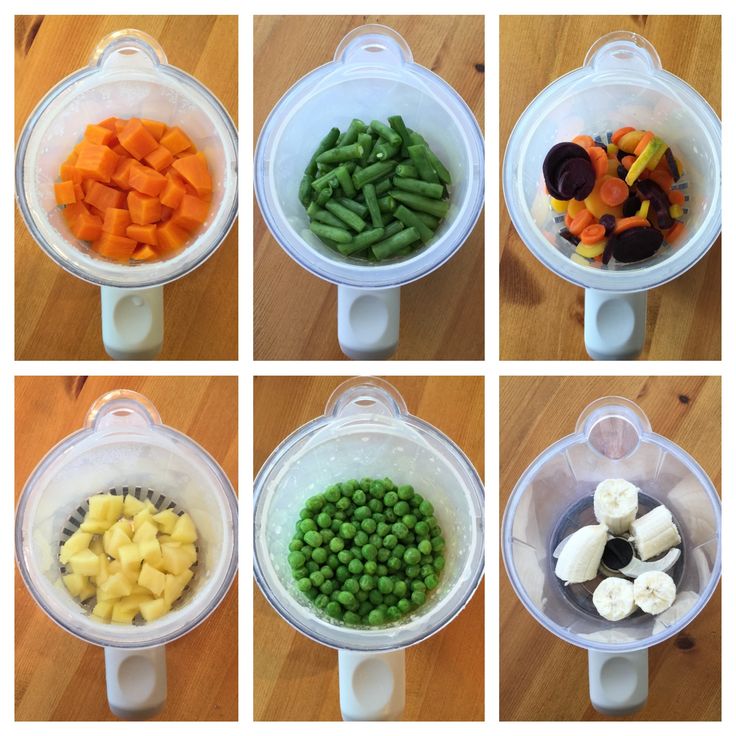 Brings memory, reactions. It is more difficult for us to remember, even more difficult to remember, analyze, focus on the thought process. And this, in essence, is a natural phenomenon: our gray matter, like the whole body, is subject to the process of oxidation - the same one that corrodes metal with rust, or covers an overripe apple with brown spots. This is why as we age, more than ever, our brains need antioxidants and B vitamins, especially choline.
Brings memory, reactions. It is more difficult for us to remember, even more difficult to remember, analyze, focus on the thought process. And this, in essence, is a natural phenomenon: our gray matter, like the whole body, is subject to the process of oxidation - the same one that corrodes metal with rust, or covers an overripe apple with brown spots. This is why as we age, more than ever, our brains need antioxidants and B vitamins, especially choline.
What products contain it?
The main allies in the fight against brain aging are antioxidant-rich fruits and vegetables. By the way, they also help to slow down oxidative processes throughout the body, moreover, without any plastic surgery. Include carrots, beets, broccoli, tomatoes, kiwi, blueberries, avocados in your diet. In addition, the “menu” of a mature brain must include nuts and seeds, cereals, butter and dark chocolate (necessarily of high quality). These products inhibit the oxidation of gray matter.
To get the vitamins of group B necessary for the normal functioning of the brain in old age, you need to eat various types of meat, citrus fruits, vegetables, grain bread.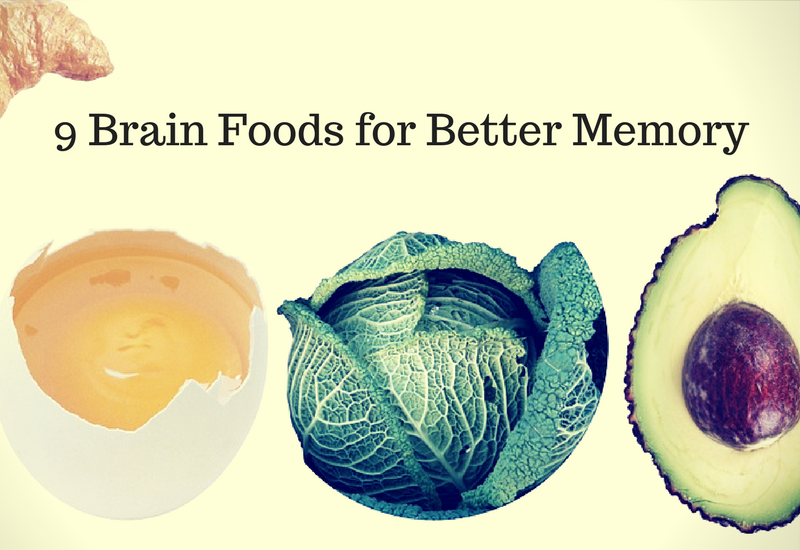 The most useful product for the brain of an aged person is an egg, a source of choline. It has been scientifically proven that people with Alzheimer's disease and senile dementia have a lower content in the body of such an important substance for the functioning of the brain as acetylcholine. You can prevent its decrease in the body by eating eggs, milk, liver and red cabbage. There are a number of studies proving that the so-called "Mediterranean diet" (fatty fish, fresh fruits and vegetables) is useful for older people to prevent the development of senile dementia.
The most useful product for the brain of an aged person is an egg, a source of choline. It has been scientifically proven that people with Alzheimer's disease and senile dementia have a lower content in the body of such an important substance for the functioning of the brain as acetylcholine. You can prevent its decrease in the body by eating eggs, milk, liver and red cabbage. There are a number of studies proving that the so-called "Mediterranean diet" (fatty fish, fresh fruits and vegetables) is useful for older people to prevent the development of senile dementia.
Don't forget about the benefits of an active lifestyle in adulthood - no matter how good your diet is, but adequate exercise for the brain is also important.
10 products, beneficial for the brain at any age:
-
BLACK
-
Cranberry
-
Fat fish, tuna, sardins, salmon
-
901 901 901 901 901 901 901 901 Nuts: hazelnuts, peanuts, cashews
-
Claires and MURULY
-
Bread
-
Eggs
-
Red -haired cabbage
-
Yogurt
Anna Borisova, Svetlana Lyuboshits
TOP 25 products for brain function and memory improvement
The brain plays a very important role for us.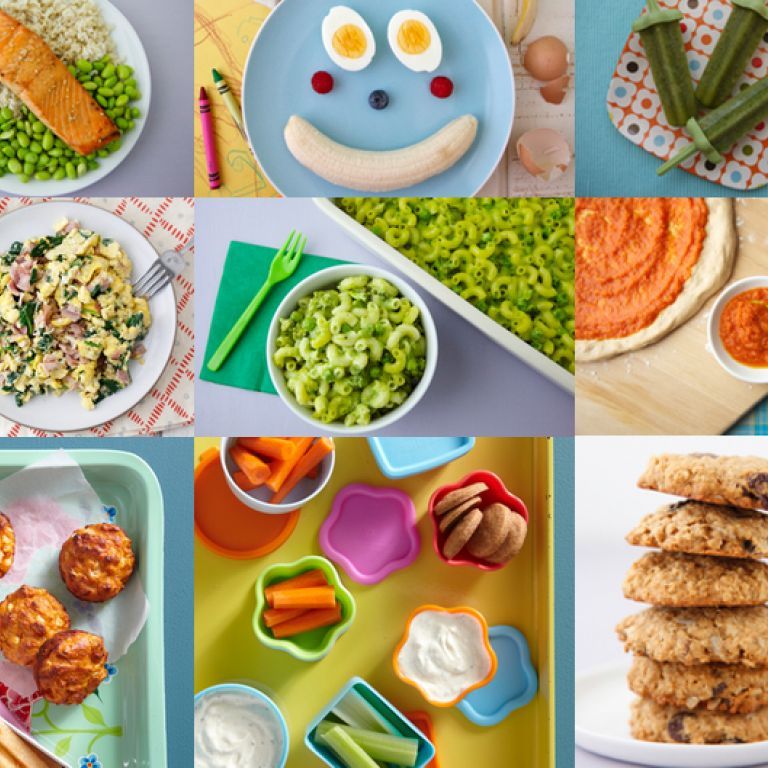 It controls and regulates all processes in our body and is the center of the mind, memory, thinking and many other very important processes. For the successful and effective functioning of the brain, proper nutrition is necessary. There is a limited number of products that most favorably affect its activities. They will be discussed later in this article.
It controls and regulates all processes in our body and is the center of the mind, memory, thinking and many other very important processes. For the successful and effective functioning of the brain, proper nutrition is necessary. There is a limited number of products that most favorably affect its activities. They will be discussed later in this article.
Food for thought: 25 superfoods. How does nutrition affect brain function? How to pave the way to a healthy brain? Brain Healthy Foods
Brain Food: 25 Superfoods.
There are 25 superfoods that boost brain function. Among them are nuts (walnuts, almonds, cashews), fatty fish, water, coffee, green tea, honey, lemon, chocolate, oatmeal, eggs, wild berries, rosemary, tomatoes, carrots, seaweed, blueberries, shrimp, mussels, chicken, broccoli, beets, avocados, apples, garlic, spinach.
How does nutrition affect brain function?
Nutrition has a direct impact on his performance. Memory, attention, thinking, concentration can be improved by eating certain foods.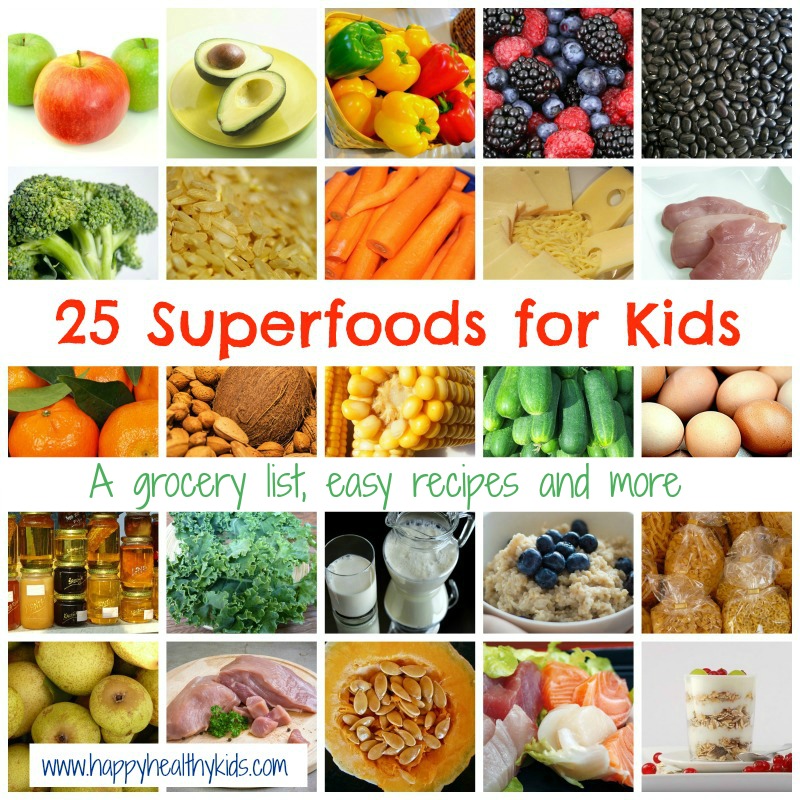 Proper nutrition reduces the risk of depression by almost 50%. With improper nutrition, the hippocampus decreases (the department of the central nervous system that is responsible for remembering information, learning and the human psyche).
Proper nutrition reduces the risk of depression by almost 50%. With improper nutrition, the hippocampus decreases (the department of the central nervous system that is responsible for remembering information, learning and the human psyche).
How to pave the way to a healthy brain?
The path to a healthy brain is through the gut. The bacteria that inhabit the intestines are involved in the synthesis of many chemicals necessary for the normal functioning of all systems of the human body. Therefore, it is very important to maintain the intestinal microflora by eating dairy products (kefir, yogurt), sauerkraut, pickled vegetables. From this we can conclude that the highly efficient and high-quality functioning of the central nervous system is very closely related to the normal activity of the intestine. In order to properly care for the functioning of the human brain, we must monitor the functioning of the intestines.
Foods that are good for the brain
Nuts (walnuts, almonds, cashews)
Walnuts are very similar to the brain for a reason.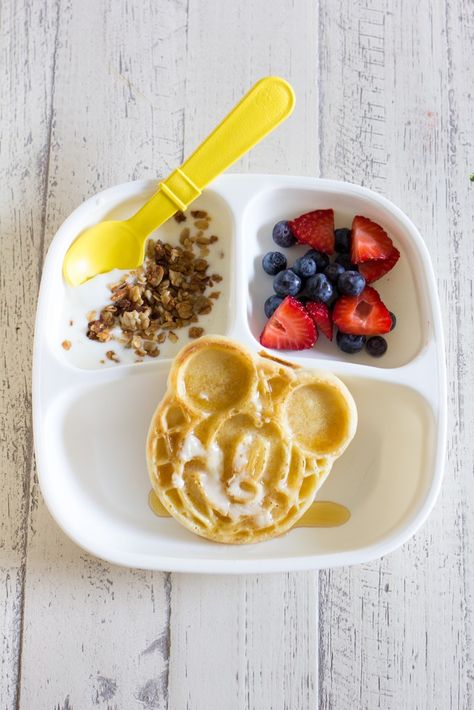 They consist of omega-3 polyunsaturated fatty acids, glycine, as well as many vitamins and trace elements. Omega-3s increase the mental activity of the brain center. Most of these polyunsaturated fatty acids are found in walnuts. Glycine favorably affects the memorization of information.
They consist of omega-3 polyunsaturated fatty acids, glycine, as well as many vitamins and trace elements. Omega-3s increase the mental activity of the brain center. Most of these polyunsaturated fatty acids are found in walnuts. Glycine favorably affects the memorization of information.
Almonds contain a lot of vitamin E. It strengthens the vessels of the brain and increases its activity. Almond helps to concentrate, stimulates the memorization of information and normalizes sleep. This type of nuts contains a probiotic and increases the functioning of the intestines and, accordingly, the brain.
Cashew nuts contain very valuable antioxidant selenium and the amino acid tryptophan. Selenium “rejuvenates the brain”, helps it function until old age and enhances the process of remembering information by a person. Tryptophan improves memory and emotional background of a person.
Fatty fish
Fatty fish include trout, halibut, sturgeon, salmon, mackerel, silver carp, salmon and others.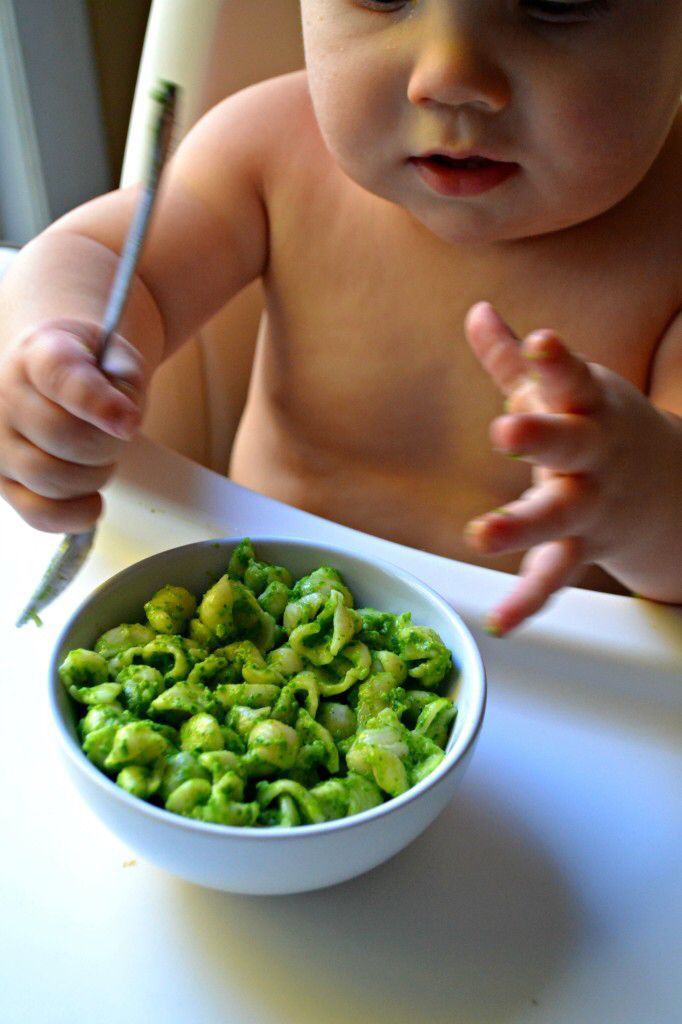 They contain a huge amount of omega-3 polyunsaturated fatty acids that improve the process of memorization and human attention. The high content of B vitamins and vitamin D contribute to the improvement of the central nervous system.
They contain a huge amount of omega-3 polyunsaturated fatty acids that improve the process of memorization and human attention. The high content of B vitamins and vitamin D contribute to the improvement of the central nervous system.
Water
The brain consists of about 80% water and is the most water-dependent organ. A person should drink 1.5 - 2 liters of pure drinking water, and not juices, tea, lemonade, mineral water, and so on. Water affects the processing of information and its assimilation, the speed of transmission of nerve impulses, the speed of thought processes, concentration, and creativity. Water raises the psycho-emotional background and improves the quality of sleep.
Coffee
The main active ingredient in any coffee is caffeine. It enhances the functioning of the central nervous system and speeds up thought processes due to the stimulation of adrenaline production. Thanks to polyphenols, which are abundant in coffee, mood improves, depressive states disappear.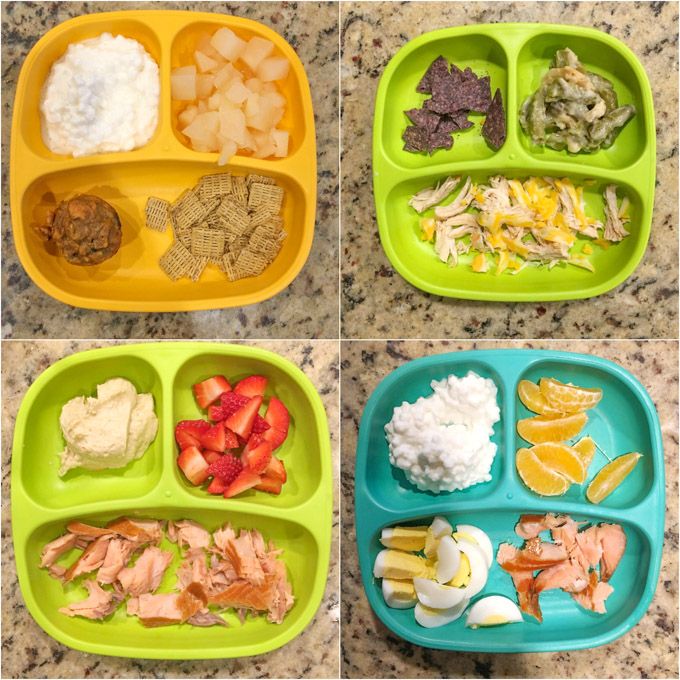 Coffee develops the memorization of information and improves human performance.
Coffee develops the memorization of information and improves human performance.
Green tea
Green tea is consumed hot or cold. The caffeine in its composition enhances attention, the process of memorization and concentration. Green tea cleanses the blood vessels of the brain and prevents the deposition of cholesterol deposits on their walls. Substances catechins, which are part of this type of tea, prevent the aging of the brain center. Glutamic acid restores the nervous system well.
Honey
Honey is a very valuable product for the whole human body. It contains choline, serotonin, various amino acids, phytoncides, flavonoids and many trace elements valuable for the functioning of the brain center. Thanks to serotonin (it is also called the “hormone of happiness”), which enhances the activity of the cerebral cortex, the functioning of the memory center is enhanced, and the mood as a whole is improved. Choline improves short-term memory.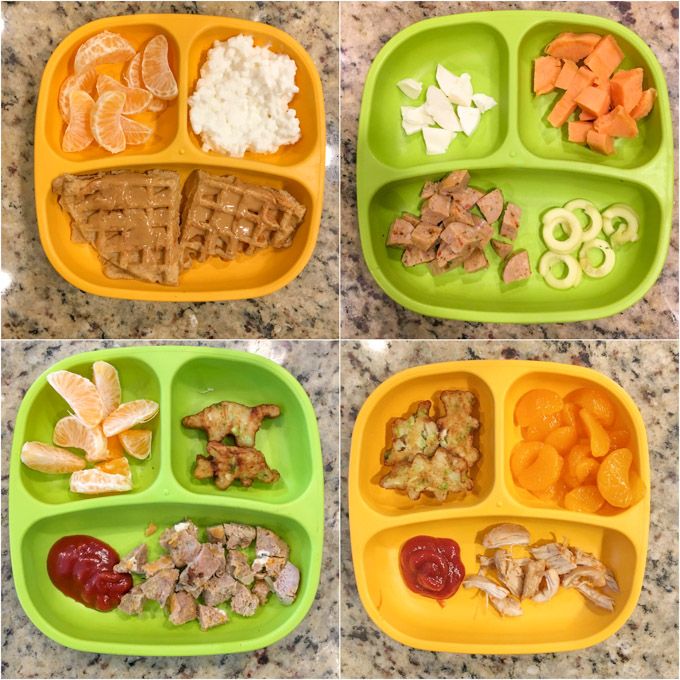 Honey favorably affects the tone of cerebral vessels. Honey carbohydrates will provide it with the energy necessary for the brain center. This valuable product is very rich in iron, which contributes to the development of logic and speech. Honey also has a neuroprotective effect (protects nerve cells from dangerous external stimuli).
Honey favorably affects the tone of cerebral vessels. Honey carbohydrates will provide it with the energy necessary for the brain center. This valuable product is very rich in iron, which contributes to the development of logic and speech. Honey also has a neuroprotective effect (protects nerve cells from dangerous external stimuli).
Lemon
Lemon is a very valuable product for the normal functioning of the brain center. This fruit from the citrus family is very rich in vitamin C, which has a beneficial effect on the memory process. Lemon also enhances the nutrition of cerebral vessels, maintains their tone and elasticity, and also prevents the formation of blood clots and cholesterol deposits. Thanks to antioxidants, which are enough contained in lemon, free radicals are destroyed, which contributes to the rejuvenation of the tissues of the central nervous system. B vitamins strengthen the central nervous system, improve memory and attention.
Chocolate
Bitter chocolate is more beneficial than all types of chocolate for the brain.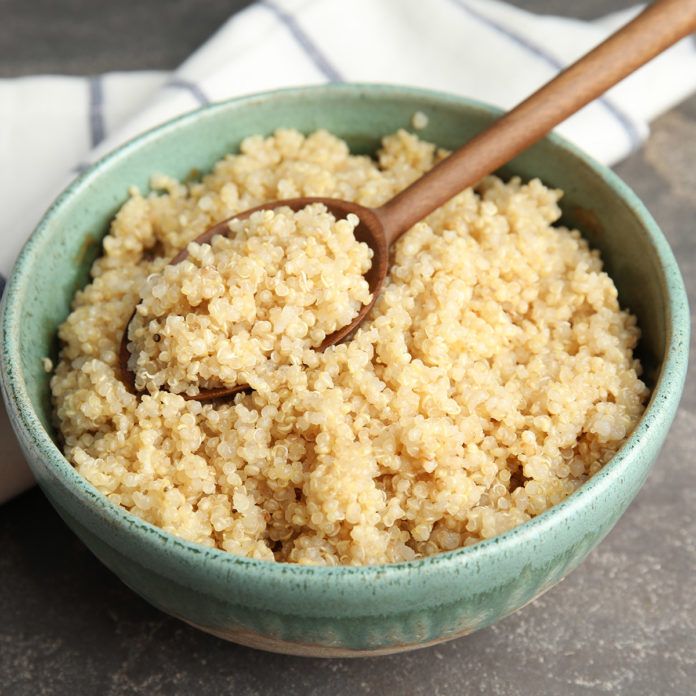 It contains antioxidants, flavanol, magnesium, potassium, theobromine, phenols, stearic acid, phenylethylamine, lecithin. Bitter chocolate improves the functioning of cerebral vessels, prevents the formation of atherosclerotic plaques. It significantly enhances memory and speeds up the process of memorization, enhances efficiency and learning new activities, sharpens a person's attention. Thanks to lecithin, the transmission of nerve impulses from one cell to another becomes better. Phenylethylamine and Theobromine improve mood. For the elderly, dark chocolate is especially valuable, as it prevents senile dementia.
It contains antioxidants, flavanol, magnesium, potassium, theobromine, phenols, stearic acid, phenylethylamine, lecithin. Bitter chocolate improves the functioning of cerebral vessels, prevents the formation of atherosclerotic plaques. It significantly enhances memory and speeds up the process of memorization, enhances efficiency and learning new activities, sharpens a person's attention. Thanks to lecithin, the transmission of nerve impulses from one cell to another becomes better. Phenylethylamine and Theobromine improve mood. For the elderly, dark chocolate is especially valuable, as it prevents senile dementia.
Oatmeal
Oatmeal is considered the perfect breakfast. It contains many different carbohydrates, which are so necessary for the highly efficient functioning of our central nervous system. In addition to carbohydrates, it contains proteins, fiber, linoleic acid, lecithin, vitamins (A, groups B, E, PP and K) and many trace elements. Oatmeal enhances concentration, improves mood, maintains clarity of mind.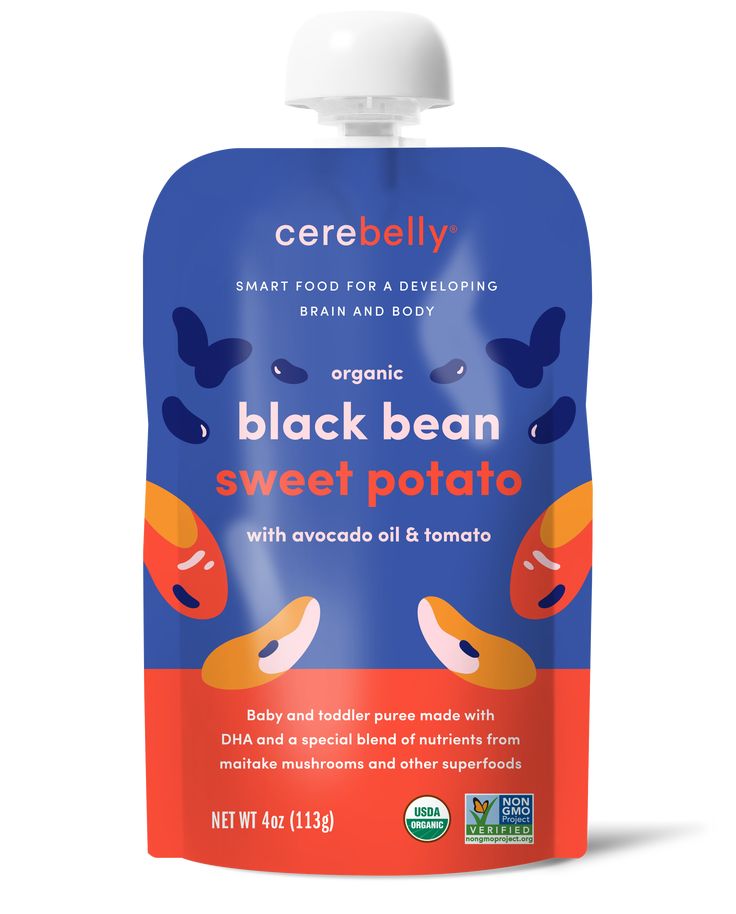 Oatmeal also helps you fall asleep faster and improves the quality of your sleep.
Oatmeal also helps you fall asleep faster and improves the quality of your sleep.
Eggs
Chicken eggs contain proteins, lutein, choline, phospholipids, B vitamins, folic acid, phosphorus. Lutein helps increase brain activity. Choline is necessary for the synthesis of acetylcholine, a substance that improves memory and mood. Phospholipids strengthen the membranes of nerve cells. B vitamins, which are quite abundant in chicken eggs, strengthen the central nervous system and improve its activity in general. Phosphorus takes part in the metabolism of neurons and is lost during mental activity. Eggs prevent a decrease in brain volume in older people. To get the maximum benefit from B vitamins, it is recommended to combine chicken eggs with nuts, dairy products, and fish.
Wild berries
Useful wild berries are raspberries, blackberries, blueberries, strawberries, cranberries. All of them contain a huge amount of vitamin C, which is necessary for enhancing memory and concentration. Antioxidants "rejuvenate" the brain, slow down its aging. Blueberry strengthens cerebral vessels and is a good remedy for the prevention of atherosclerosis. Cranberry prevents the formation of blood clots in the vessels. Raspberry relieves nervous tension well due to the high content of copper in it. Strawberries tones up and increases the efficiency of the brain center. About blueberries will be written later.
Antioxidants "rejuvenate" the brain, slow down its aging. Blueberry strengthens cerebral vessels and is a good remedy for the prevention of atherosclerosis. Cranberry prevents the formation of blood clots in the vessels. Raspberry relieves nervous tension well due to the high content of copper in it. Strawberries tones up and increases the efficiency of the brain center. About blueberries will be written later.
Rosemary
Rosemary is a plant native to the Mediterranean countries. It is green and fragrant with needle-shaped leaves. It greatly enhances the process of memorization. Rosemary contains carnosic acid, which prolongs the youthfulness of the brain center. The beneficial substances of this plant enhance the synthesis of acetylcholine, which favorably affects the process of memorization (long-term memory becomes better and working memory strengthens, memorization volume, speed and accuracy of thinking increase). Only people with arterial hypertension should use rosemary very carefully, as rosemary increases blood pressure.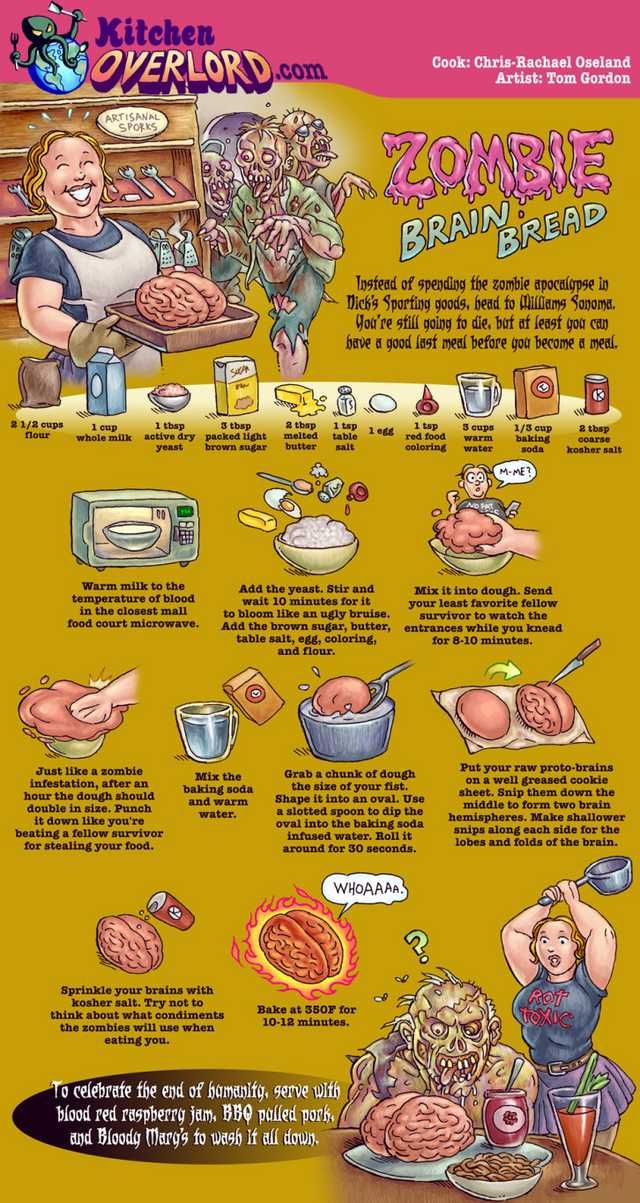
Tomatoes
Tomatoes contain lycopene, melatonin, vitamin C, many trace elements. Melatonin strengthens brain vessels and prevents aging of brain cells. Tomatoes help maintain mental and physical performance, prevent the development of atherosclerosis. Thanks to serotonin (it is called the hormone of happiness), tomatoes improve a person’s mood.
Carrots
Carrots contain a very valuable substance luteolin, which prevents the destruction of brain cells and reduces the risk of inflammatory processes that negatively affect the memorization process. Carrots prevent the development of atherosclerosis of cerebral vessels, strokes and heart attacks. B vitamins and many trace elements enhance the transmission of nerve impulses. Carrots enhance the memorization of information and prevent the occurrence of Alzheimer's disease.
Seaweed
Seaweed (kelp) has a lot of iodine and other trace elements, contains antioxidants and almost all vitamins. Thanks to iodine, the concentration of a person’s attention is significantly enhanced. Laminaria enhances memory well and helps to avoid depression and increases metabolism. Also, seaweed prevents the development of atherosclerosis and thrombosis of blood vessels, in particular cerebral vessels.
Thanks to iodine, the concentration of a person’s attention is significantly enhanced. Laminaria enhances memory well and helps to avoid depression and increases metabolism. Also, seaweed prevents the development of atherosclerosis and thrombosis of blood vessels, in particular cerebral vessels.
Blueberries
Blueberries prevent dementia and Alzheimer's disease, prevent the formation of blood clots in the vessels. This berry improves long-term and working memory. Blueberries also enhance the transmission of nerve impulses and increase the intensity of human thought processes.
Shrimp
Shrimp are very rich in omega-3 polyunsaturated fatty acids and thus increase mental capacity, prevent dementia and Alzheimer's disease. Omega-3 acids and magnesium are effective against depression and uplift mood. The rich content of iron in shrimp helps to saturate the cells of the nervous system with oxygen and thus improves attention and memory.
Mussels
In addition to omega-3 acids, mussels are rich in B vitamins, zinc, manganese, iodine, copper and other useful trace elements.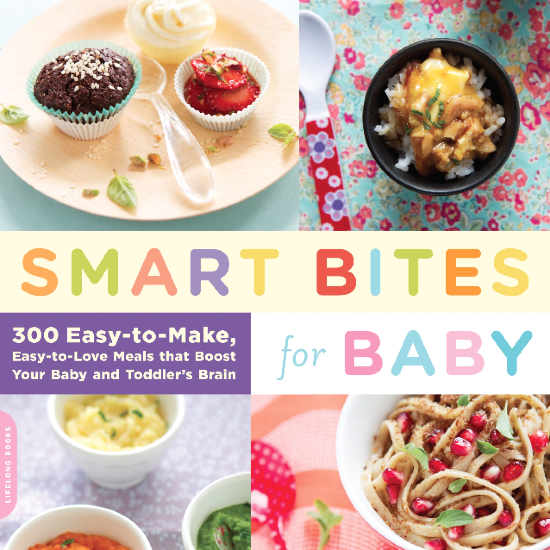 Zinc enhances the process of memorization, normalizes sleep. In general, mussels improve thinking processes and significantly increase concentration.
Zinc enhances the process of memorization, normalizes sleep. In general, mussels improve thinking processes and significantly increase concentration.
Chicken
Chicken meat contains a sufficient amount of B vitamins, which have a beneficial effect on the functioning of the central nervous system as a whole. Also, chicken meat has a positive effect on the psycho-emotional background of a person. Eating this meat reduces the risk of dementia and Alzheimer's disease.
Broccoli
Broccoli slows down the aging of the brain and improves its functioning. Boron, magnesium and vitamin K increase the activity of the brain center. A large amount of vitamin C enhances the process of memorization and human attention.
Beetroot
Beetroot contains betaine, which is responsible for concentration, mood, reaction. Beetroot juice increases blood flow in the cerebral vessels and increases oxygen saturation of its tissues, prevents the development of dementia in the elderly.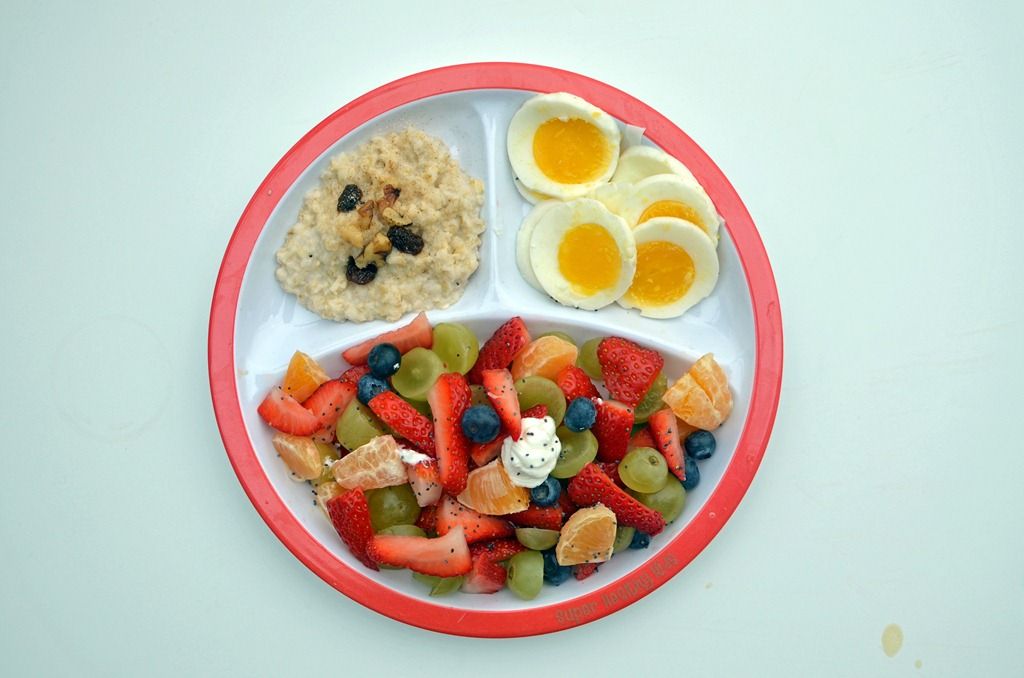 All this is due to nitric oxide, which is formed from nitrates found in beets in large quantities.
All this is due to nitric oxide, which is formed from nitrates found in beets in large quantities.
Avocado
Avocado is very rich in vitamins B, E and potassium. All these useful substances are necessary for the normal functioning of the brain and the nervous system as a whole. Folic acid has a beneficial effect on the human psyche and helps with depression. Avocado enhances the process of memorization and speeds up thought processes.
Apples
Apples contain a variety of vitamins and microelements, antioxidants. Eating apples promotes the formation of new neurons and improves memory. The peel of this fruit is also very useful. Due to the presence of antioxidants, apples will help maintain mental clarity for a long time. These fruits successfully help to deal with stressful situations.
Garlic
Garlic contains vitamins, phytoncides, fiber, various microelements. Phytoncides are an effective means of combating the pathogenic microflora of the human body, prevent the aging of brain cells and dilate brain vessels.